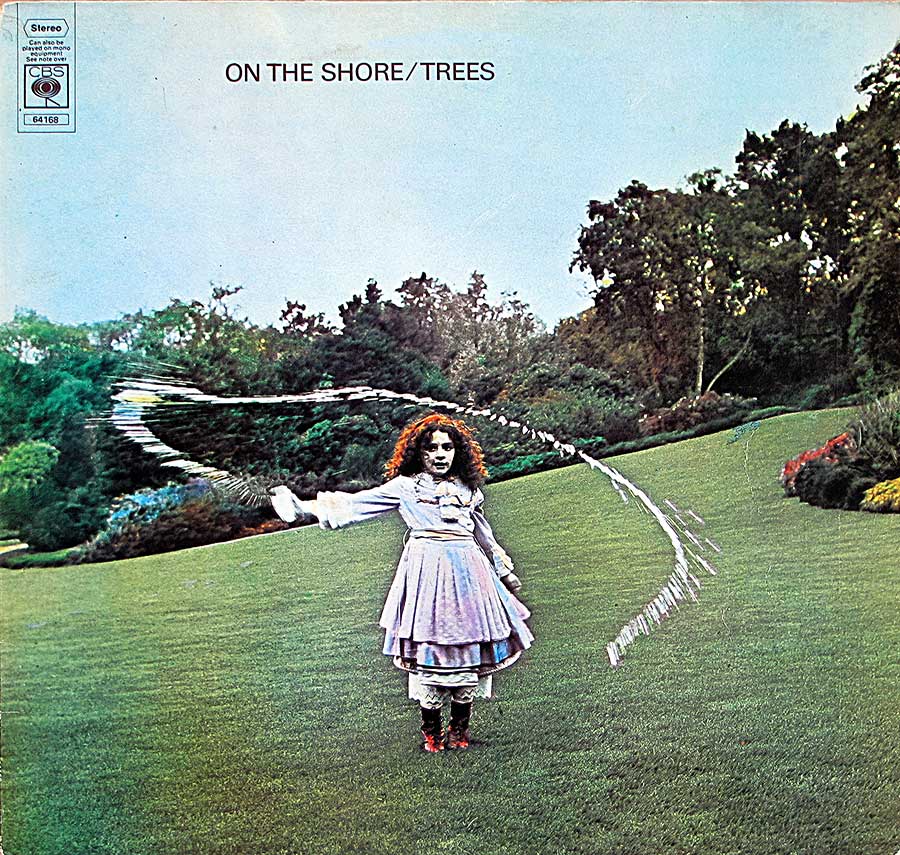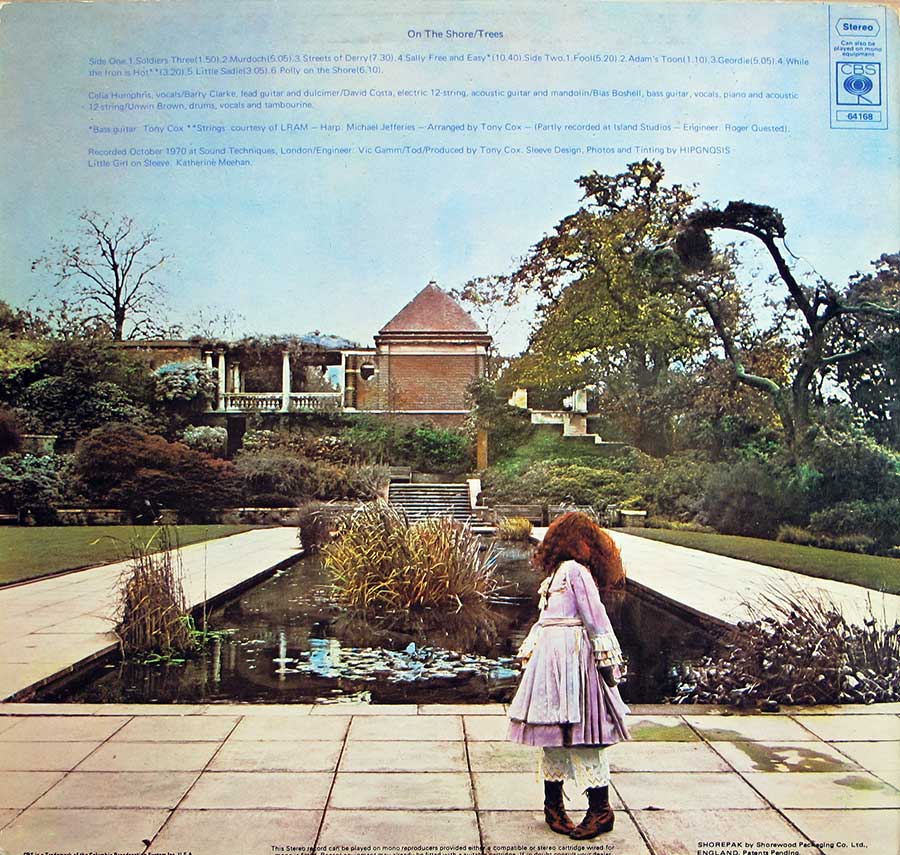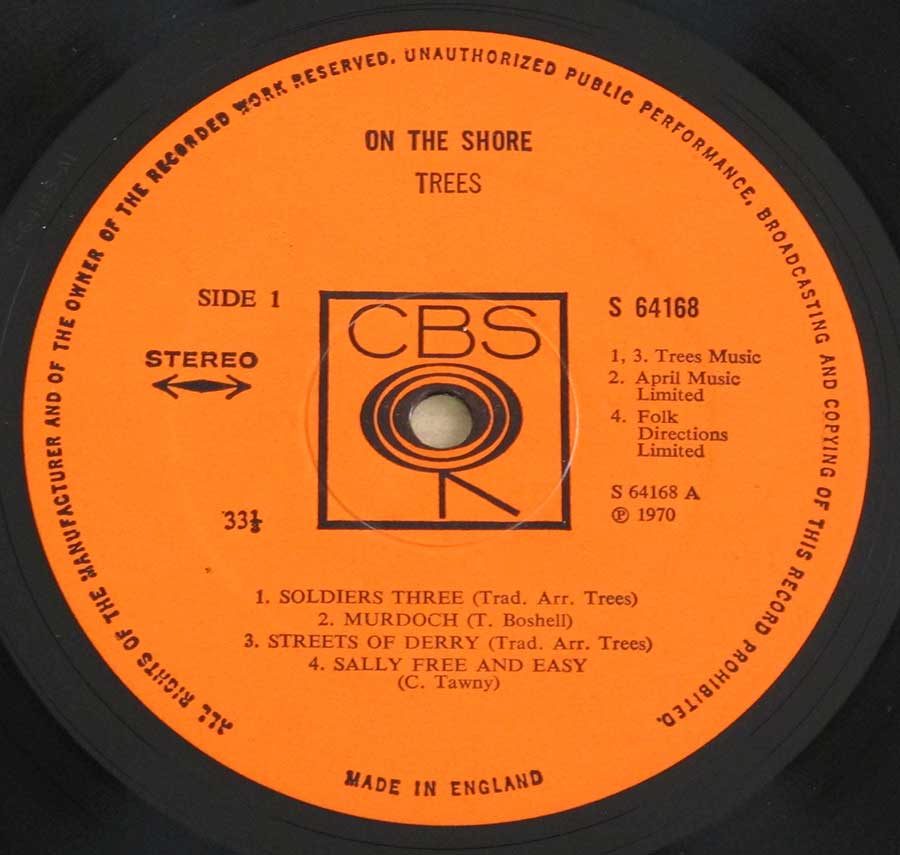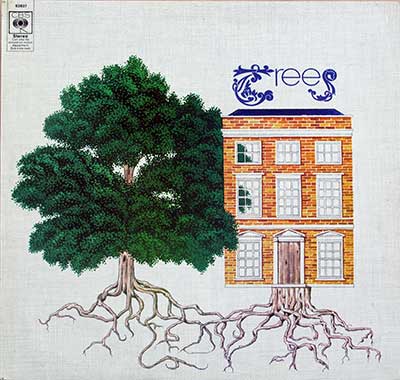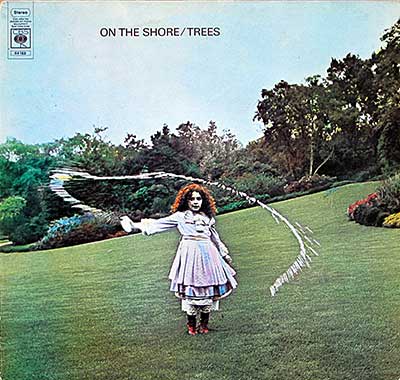In the heart of the British folk rock revival of the early 1970s, amidst the giants like Fairport Convention and Steeleye Span, emerged a band called Trees. Their second and final album, "On the Shore," released in 1971, stands as a testament to their unique blend of traditional folk melodies, rock instrumentation, and progressive experimentation.
Historical Context The early 1970s was a time of great musical exploration in the UK. Folk rock, a fusion of traditional folk music with rock elements, was gaining popularity, and bands like Fairport Convention were leading the way. Trees, with their distinctive sound, carved a niche within this vibrant scene.
Musical Exploration
"On the Shore" showcases Trees' eclectic musical sensibilities. The album opens with the hauntingly beautiful "Soldiers Three," a traditional ballad given a new life with Celia Humphris's delicate vocals and Barry Clarke's intricate guitar work. The album then ventures into more experimental territory with tracks like "Murdoch," a dark and brooding piece that features fuzz guitar and a driving rhythm section.
Throughout the album, Trees seamlessly blend traditional folk elements with progressive rock influences. The result is a sound that is both familiar and innovative, with acoustic guitars, flutes, and mandolins intertwining with electric guitars, keyboards, and drums.
Production Team and Studio
"On the Shore" was produced by Tony Cox, a renowned producer who had previously worked with Fairport Convention and Steeleye Span. The album was recorded at Sound Techniques, a legendary London studio known for its warm and natural sound. Cox's production expertise and the studio's sonic qualities contributed to the album's rich and immersive sound.
Band Lineup The Trees lineup on "On the Shore" consisted of:
Celia Humphris - vocals, guitar, dulcimer
Barry Clarke - guitar, vocals
Bias Boshell - vocals, guitar, piano
Unwin Brown - bass guitar
David Costa - drums, percussion
Each member brought their unique talents to the table, creating a cohesive and dynamic unit. Humphris's ethereal vocals, Clarke's intricate guitar work, and Boshell's versatile musicianship were the cornerstones of the band's sound.
